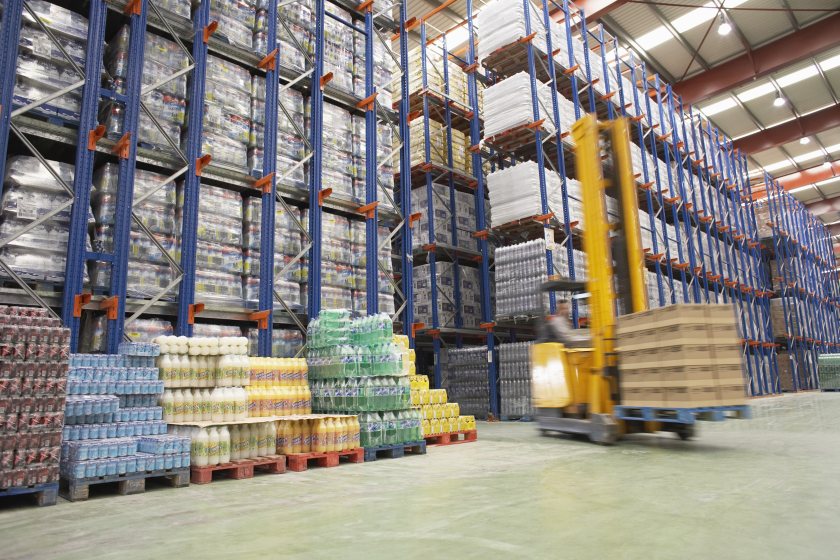
Warehouse and logistics businesses are among the most affected by rising electricity and gas costs, with the average business set to see monthly bills increase by £324 according to new research.
The energy bills insight, conducted by data and AI leader SAS, analysed ONS data from more than 1.7 million business-owned buildings to understand how much gas and electricity each sector consumes on average.
Over the last two years 77% of businesses admit they have increased the prices of products and services due to high energy costs, with some even facing insolvency.
While wholesale energy prices have decreased since 2022 and 2023, when the previous government introduced the Energy Bill Relief Scheme, the base rate for both electricity and gas for businesses has still risen this winter compared to summer prices, and rates remain high due to ongoing global factors.
Warehouse and logistics are one of the most likely to see a jump in energy prices, with an estimated combined gas and electricity bill of £2,894 per month, per building - a rise of £324 - broken down into £71 for electricity and £253 for gas.
The heavier consumption can be due to increased usage depending on the size of the building and environment, such as increased heating.
Manufacturers are expected to be most affected by rising electricity costs, with the average business set to see monthly bills increase by more than £2,000.
The heavier consumption can be due to activities such as the extra heating, cooling and chemical processing required to manufacture certain items.
Emergency Services are facing an increase of more than £1,000 a month, per building, most likely due to higher gas consumption during the colder months.
Duncan Bain, Senior Energy Advisor at SAS UK & Ireland, said: “The energy crisis has placed significant pressure on businesses.
“While it’s understandable that some may worry about increased energy bills, the impact will vary widely, based on business size and consumption patterns.
"Our research sheds light on the projected energy costs for businesses this winter and underscores the importance of leveraging technology to monitor and optimise energy use, since it’s not clear when prices will stabilise after the volatility of the last few years.
“That said, these findings only represent industry averages – businesses will face higher or lower costs depending on their operational needs and energy efficiency measures.”